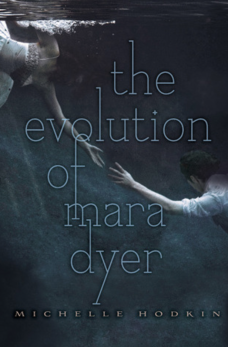

Keigo Higashino has given birth to something more powerful than Jesus. His 2005 book, The Devotion of Suspect X, has been re-born three times (in celluloid form). That’s the official count. Unofficially, it has been reborn eight times as there are five, non-licensed versions that were made to target specific audiences in India. But unlike Jesus, Suspect X does not have the power of flight. It does, however, still pique the interests of filmmakers.
The most recent (official) version is a Chinese film directed by Alec Su. I haven’t seen that iteration, but having read the book and seen the Japanese version, known as Suspect X (dir, Hiroshi Nishitani, 2008) and the Korean version, entitled Perfect Number (dir, Bang EunJin, 2012), I thought it might be fun to do a little comparison shopping between the two.
Higashino enjoys immense popularity in Japan and his Detective Galileo books are bestsellers throughout Asia. These books feature a Sherlock Holmes type character nicknamed Detective Galileo, a physics professor who uses scientific reasoning to help solve cases. This is the first entry in the series and in which Detective Galileo is tasked with finding the murderer of a man who was visiting his ex-wife. Suspect X opens with a whimsical rhythm but steadies itself into a more solemn position as the story progresses. Perfect Number is tonally and visually darker from the get-go, but unlike the Japanese version, there’s very little thrust. The feel of the movie gets plugged up and after a while, you’re just waiting for the story to unfold. Other details diverge from each other and from the source material, but the key difference is the elimination of the Detective Galileo character in Perfect Number. In his stead, the always dependable Cho JinWoong plays a composite character that is a little bit of Galileo and Kusanagi, the detective liaison.
Of course, there’s no point in making a Japanese movie about a popular Japanese character if you’re not going to include him. But the Korean version allows that flexibility even if it seems counterintuitive. It’s Galileo, after all, who uses his scientific reasoning to solve the case. By eliminating that character, the Korean film is less interested in the mechanical details of how the murder was carried out. It’s far more swayed by the “why” of the crime than the “how.” With the thematic focal point shifted, so are the storytelling POVs. Thus, the Korean version examines the murder suspect far more because he provides the “why.” The Japanese version is far more persuaded by Detective Galileo’s charms and examines the mechanics of the crime.
The omission of Detective Galileo also re-centers character relationships. In the book and the Japanese film, Detective Galileo is, appropriately enough, the center around which all other major characters revolve. He spins his theories tighter and tighter until all nearby objects fold into his gravity. Not so much in the Korean movie and not just because there is no Detective Galileo. The proxy for Detective Galileo’s character is used to compel the resolution but the center of the character relationships belongs to the suspect.
There are deft touches in both and identifiable areas of improvement as well. The Japanese film is a lighter-hued, amiable effort that makes you want to see the next in the series. The Korean film is more bleak and self-contained. The one major advantage that Suspect X has over Perfect Number is the acting. Masaharu Fukuyama is well cast in Suspect X as Detective Galileo. The Korean film is burdened by the over-mannered performance of Ryoo SeungBum and the tone-deaf acting by Lee YoWon. But with either film, it’s not a bad way to spend a couple of hours. Or, you can skip both and read the book. It’s a damn fine read.
Advertisements Share this:




